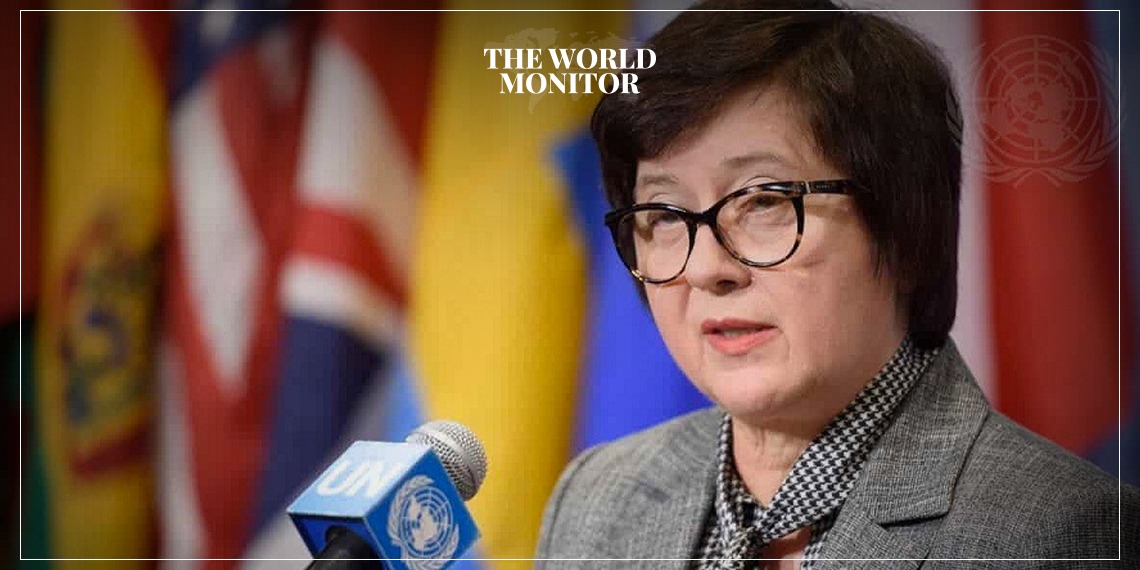The United Nations Special Coordinator for Lebanon, Joanna Wronecka, informed the Lebanese Prime Minister of an upcoming meeting of the UN Security Council, slated for November 22. This meeting is set to deliberate on the execution of Resolution 1701, which pertains to the ceasefire between Lebanon and Israel, issued by the UN Security Council in 2006.
Following her meeting with the Acting Lebanese Prime Minister, Najib Mikati, the UN Coordinator emphasized the crucial need for the implementation of UN Resolution 1701 to maintain stability in Southern Lebanon. She also shared that discussions were held with Mikati on developments in Gaza, underlining the mutual aim of shielding Lebanon from regional tensions.
In recent days, the Lebanese Foreign Minister in the caretaker government, Abdullah Bouhabib, sought to lodge a new complaint with the UN through Lebanon’s mission, condemning Israel’s use of white phosphorus in its recurrent attacks against Lebanon. These attacks purportedly involved intentional burning of farms and forests in Southern Lebanon.
Previously on October 14, Bouhabib had instructed Lebanon’s permanent mission to the UN in New York to file a complaint with the UN Security Council concerning Israel’s deliberate killing of Lebanese journalist Essam Abdullah, along with the wounding of other journalists.
Additionally, the complaint outlined the escalating Israeli provocations and assaults on Lebanon, causing casualties and property damage, besides the continuous infringement of Lebanon’s sovereignty and the UN Security Council Resolution 1701.
The situation between Lebanon and Israel has been tense, with the UN Resolution 1701 initially aimed at creating a ceasefire and facilitating a long-term solution. The resolution primarily calls for the cessation of hostilities, the withdrawal of Israeli troops from Lebanon, and the disarming of militia groups in Lebanon, among other stipulations aimed at restoring peace and security.
The Lebanon-Israel border has witnessed several incidents over the years that have disrupted the fragile peace. The recurrent Israeli violations, as claimed by Lebanon, are seen as detrimental to the stability in the border regions, further exacerbating the already volatile situation in the broader Middle East.
The upcoming UN Security Council meeting is looked upon as a significant step towards addressing these issues, reiterating the importance of adhering to the UN resolutions, and fostering a conducive environment for lasting peace between Lebanon and Israel. The discussions may also extend to the broader regional dynamics, considering the ongoing developments in neighboring Gaza.
Moreover, the UN’s role in mediating the Lebanon-Israel situation is pivotal, especially in the context of implementing Resolution 1701, which is seen as a cornerstone for ensuring stability and preventing further escalations. The international community’s engagement is deemed crucial in supporting both nations towards achieving a peaceful coexistence.
In conclusion, the continuous efforts from the UN, along with the cooperation from both Lebanon and Israel, are fundamental towards a peaceful resolution of their longstanding issues. The November 22 meeting of the UN Security Council could mark a significant stride in re-emphasizing the international community’s commitment to peace and security in the region, amid the ongoing challenges faced by Lebanon and its southern neighbor, Israel.






